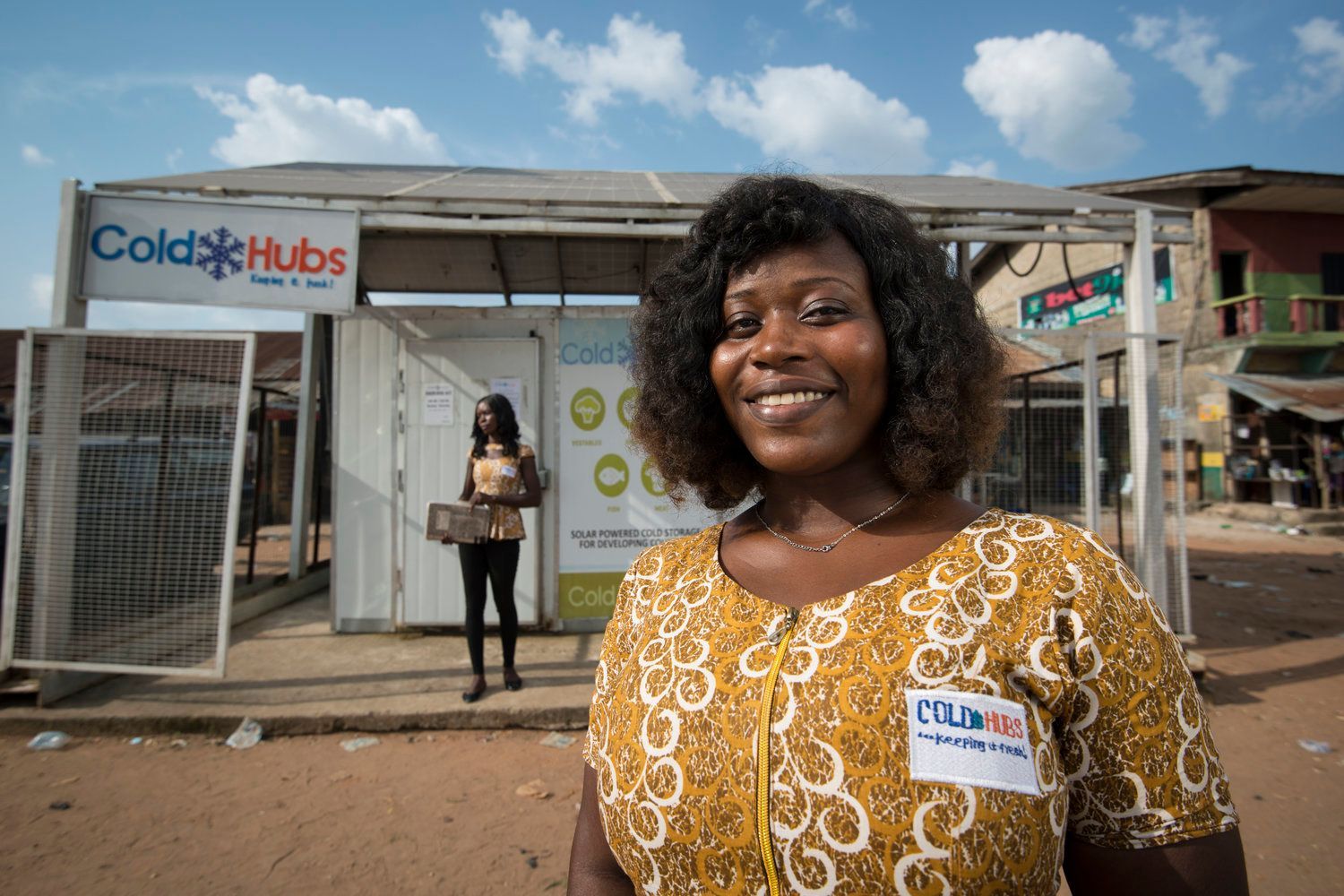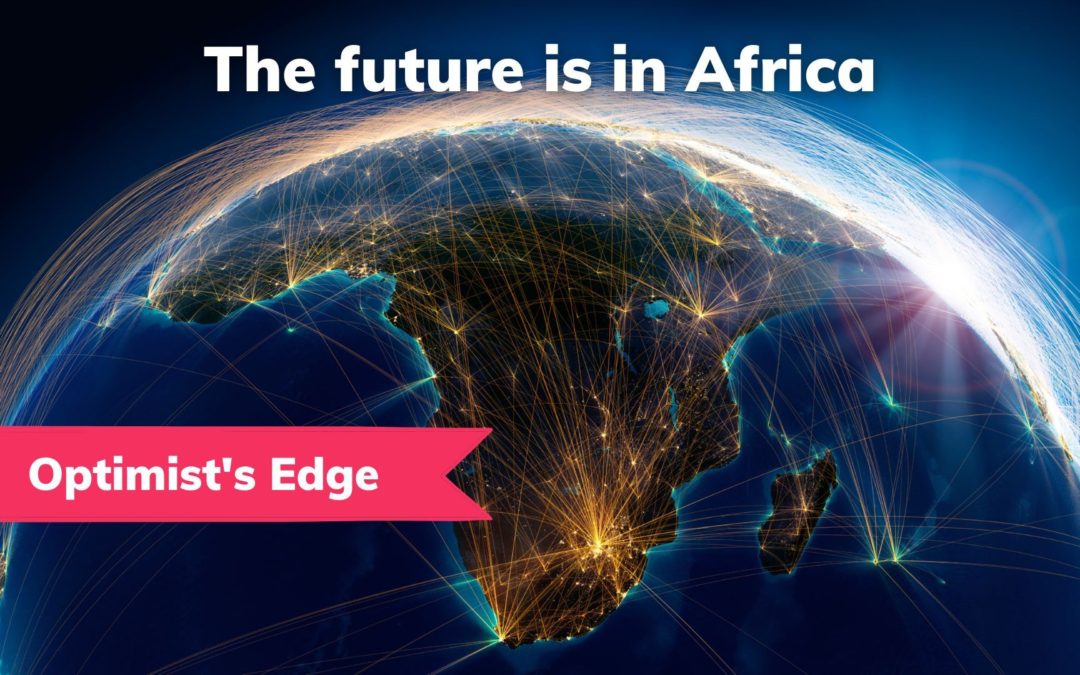📉 What people think
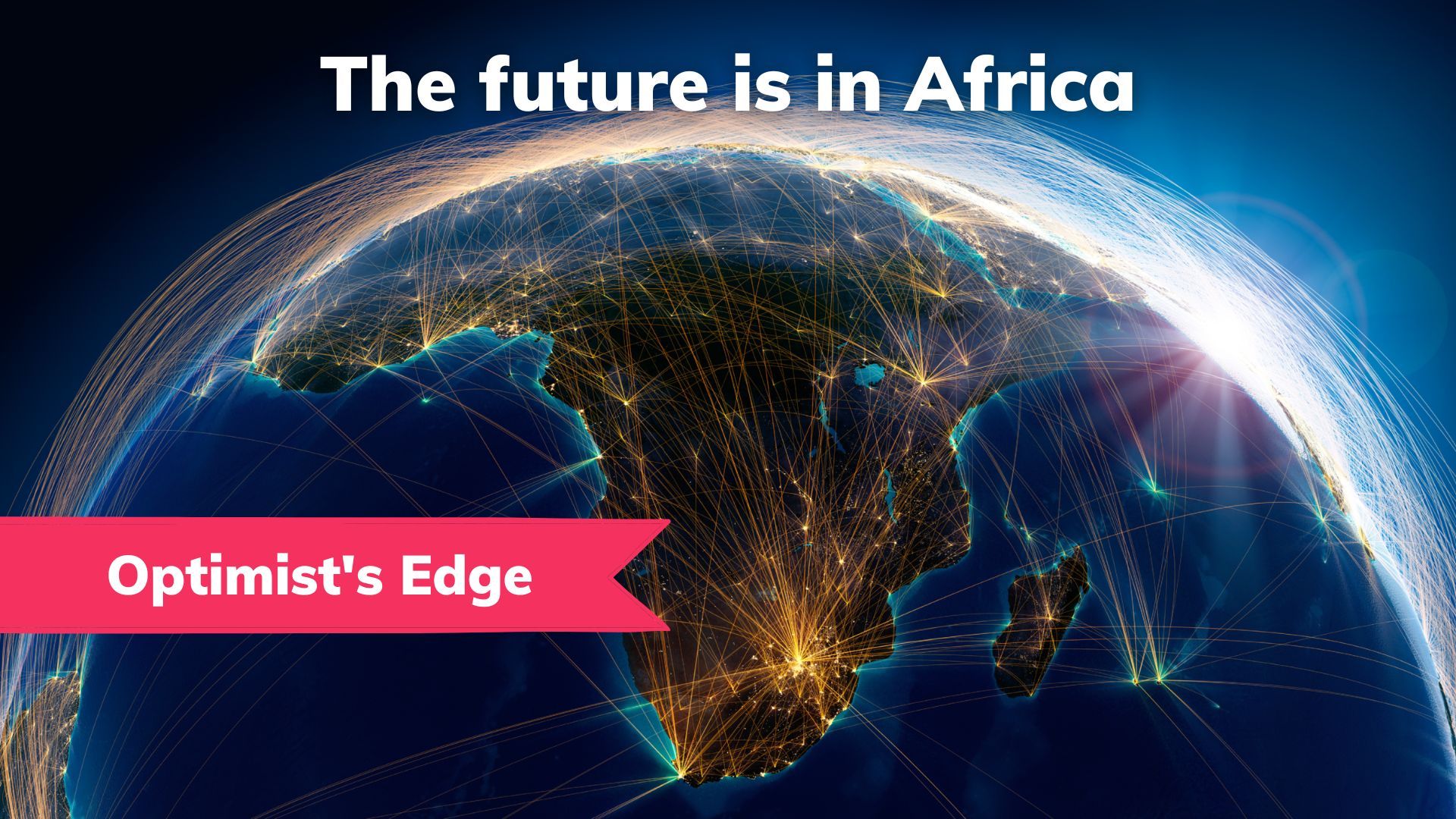
In the Warp News survey, more than four out of ten believe that the highest percentage of entrepreneurs is found in North America. Only one in ten believed in the correct option, Africa.
Across Africa, 22 percent of the working-age population are entrepreneurs (40 percent in Nigeria and Zambia). Of those, women account for 27%. In Latin America, which comes second, the proportion of entrepreneurs is 19 percent, and in Asia 13 percent.
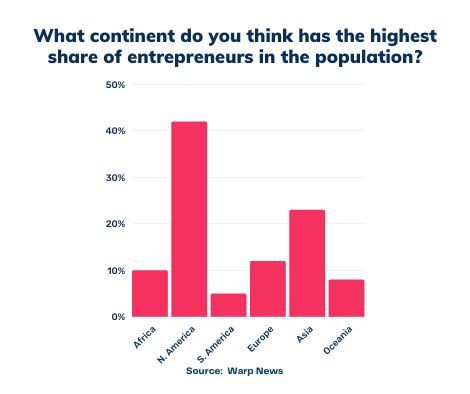
📈 Here are the facts
- Africa is about to go through a population shift, which brings an economic bonus. Europe and North America went through their shifts 100 years ago and Asia a few decades ago.
- For the foreseeable future, Africa will have by far the largest supply of labor in the world.
- Young Africans today are better informed, educated, and in better health than ever before.
- Africa cannot copy China's model as the workshop of the world. That path to prosperity is not as open today. Instead, Africa can diversify and invest in modern services as well as industry and agriculture.
- The agricultural potential is enormous. More than half of all unused potential arable land in the world is in Africa.
- At the same time, the continent has the world's fastest urbanization.
- Africa can diverge its dependence on commodity exports and develop an African single market with 1.2 billion consumers. An African Free Trade Area has just been established.
- Africa skips resource-intensive technology steps and goes straight into the mobile era. Computer-based solutions are developed for, among other things, e-commerce, financial services, health care, and food production.
- Africa has the world's largest share of entrepreneurs. There are 50 million micro and small businesses.
- The informal sector is also the world's largest. It is not only a sign of a lack of economic maturity but implies greater flexibility and favors innovation and rapid changes.
- Young Africans have a much brighter view of the future than Westerners. In surveys, they see the 21st century as Africa's century.
When East Asia took off in the 1980s and 1990s, a population bonus contributed, to what is known in English as the demographic dividend. It occurs when the birth rate falls and the working-age share of the population grows. During a couple of decades, there is a window where more and more people can contribute to economic growth while fewer and fewer need to support themselves.
According to calculations, such a bonus automatically increases growth by 0.5 percent, but with various consequential effects, the effect is estimated to be three times greater. In 2035, Africa is estimated to have more people of working age than the rest of the world.
Childbirth is not falling as rapidly as it did in Asia, and in some countries in central and western Africa, birth rates are still very high. But in the last decade, the fall has begun in all parts of Africa.
Education is key. In some countries, women who have completed high school give birth to half as many children as uneducated women do.

The African continent is very large. It is a gross misconception that Africa is overpopulated. If you compare it with Western Europe, the continent is rather underpopulated. The problem is that millions of Africans are poor. That has nothing to do with numbers but rather with historical mistakes. To get out of poverty, Africa needs creative, working, and consuming people.
Agriculture has been treated like a stepmother. The potential is enormous. If agriculture is allowed to become the base, industries can develop from it. As the countries reach self-sufficiency, food industries can spring up around the cities.
As in East Asia, one should wait with expensive combine harvesters and instead use the huge resource of labor. With better seeds, better methods, and smart irrigation methods, yields can be greatly increased.
Africa can, to an even greater extent than Asia, jump directly into high technology when industrialization gets underway.
The young are educated and informed. They are inside the internet community. 50 percent of the world's mobile money accounts are in Africa.

New companies are developing financial, knowledge-commerce and health solutions without bank accounts or physical addresses. With the help of satellite and mobile images, farmers can get weather and plant information for optimized cultivation. Drones distribute medicine to rural areas. Some advanced countries like Mauritius act as a financial portal to the continent.
The new AfCFTA free trade area raises hopes that the continent will open up and develop a billion-dollar market and be able to break the dependence on commodity exports, which are so vulnerable to fluctuations in world market prices.
With new technology, the continent can also be electrified. New hydropower plants provide stable energy for larger facilities. Modern solar energy technology addresses local needs such as lighting, ventilation, charging and maintaining cold chains.
There are large untapped oil and gas reserves, which during a development phase and with the latest clean technology can further help Africa catch up. And yes, physical roads also need to be built.
The fact that the majority of the economy is still informal is usually presented as a problem because the security for the individual is less. But initially, it also provides room for rapid and broad changes and innovation.
Not least, the Africans themselves, unlike Westerners, are convinced that they can do better than their parents and that their children can do even better. The most restless among the young try to get to Europe or the Gulf States to fulfill their dreams faster, but most stay, create and build.

What challenges are there?
- Corruption and bureaucracy are widespread in many African countries, especially in the public sector, which is an obstacle to investment.
- In some countries, more than half of the government's income still comes from exporting one or a few raw materials. It requires courageous decisions to break such monocultures.
- Due to historical mistakes, Africa imports significantly more food than it exports. It is an error that urgently needs to be corrected.
- Savings are still too low to build up domestic investment capital, which is why capital has so far mostly come from outside (in recent years largely from China).
- The infrastructure is in some places extremely deficient. The electricity supply is unreliable.
- The wage situation is higher than in, for example, Asia, despite a lower economic level. This is due, among other things, to the dependence on food imports.
What does the expert say?
"You have to understand that a demographic dividend is underway. There is a large and growing young middle class that wants decent jobs. It is crucial", says Paul Akiwumi, Director of the Africa Department at the United Nations Trade and Development Agency, Unctad.
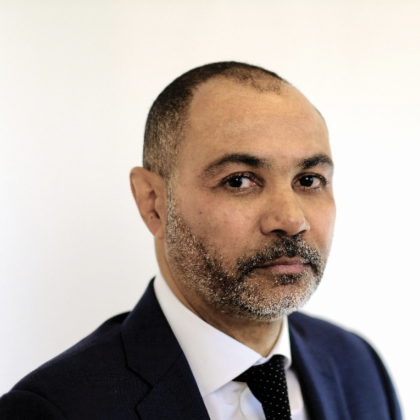
At the same time, Africa needs to shift its development focus away from commodity exports and towards agriculture, which in turn will benefit the cities and industry, says Akiwumi.
"The commodity model does not work and has never worked."
"Africa must become self-sufficient in food. Agriculture needs to be developed with new technology. This applies to everything from infrastructure, irrigation and financing solutions to safe storage of crops and information about weather, seeds and fertilizers. There are already high-tech small businesses today that can provide farmers with a whole chain of such services", says Paul Akiwumi.
"It is still difficult for entrepreneurs to find financing. The banking system is slow, and you don't get a loan for an idea. But there are more and more inventive, small-scale savings solutions. They are also used by more and more people to save for schooling for the children, a bicycle, a motorcycle, a refrigerator or a small pension."
Akiwumi has high hopes for the new African Free Trade Area AfCFTA. The knowledge of being able to reach a continental market of more than one billion consumers can open enormous opportunities for investors.
"The continent needs lots of operational managers, accountants, technicians and computer experts who are familiar with the local problems. These are jobs for the large, young, well-educated middle class that is emerging."
💡 Optimist's Edge
👇 How to get the Optimist's Edge
- Understand that the emerging African population is healthy, educated and informed.
- Understand that it is the new, young middle class that knows what is needed, knows the problems, has the local knowledge and has the ideas.
- Invest, trade with or use products from African startups.
Some examples:
Chipper Cash (financial transactions)
Esusu (credit rating)
Jumia (e-commerce)
Ampersand (electric vehicles and battery replacement systems)
- Invest, trade or use products from emerging African agriculture.
Some examples:
Pula Advisors (crop insurance for small businesses in agriculture)
Coldhubs (solar-powered cold rooms for crop protection)
Agrixtech (advice and new technology for crop optimization)
Releaf (streamlining palm oil production)
